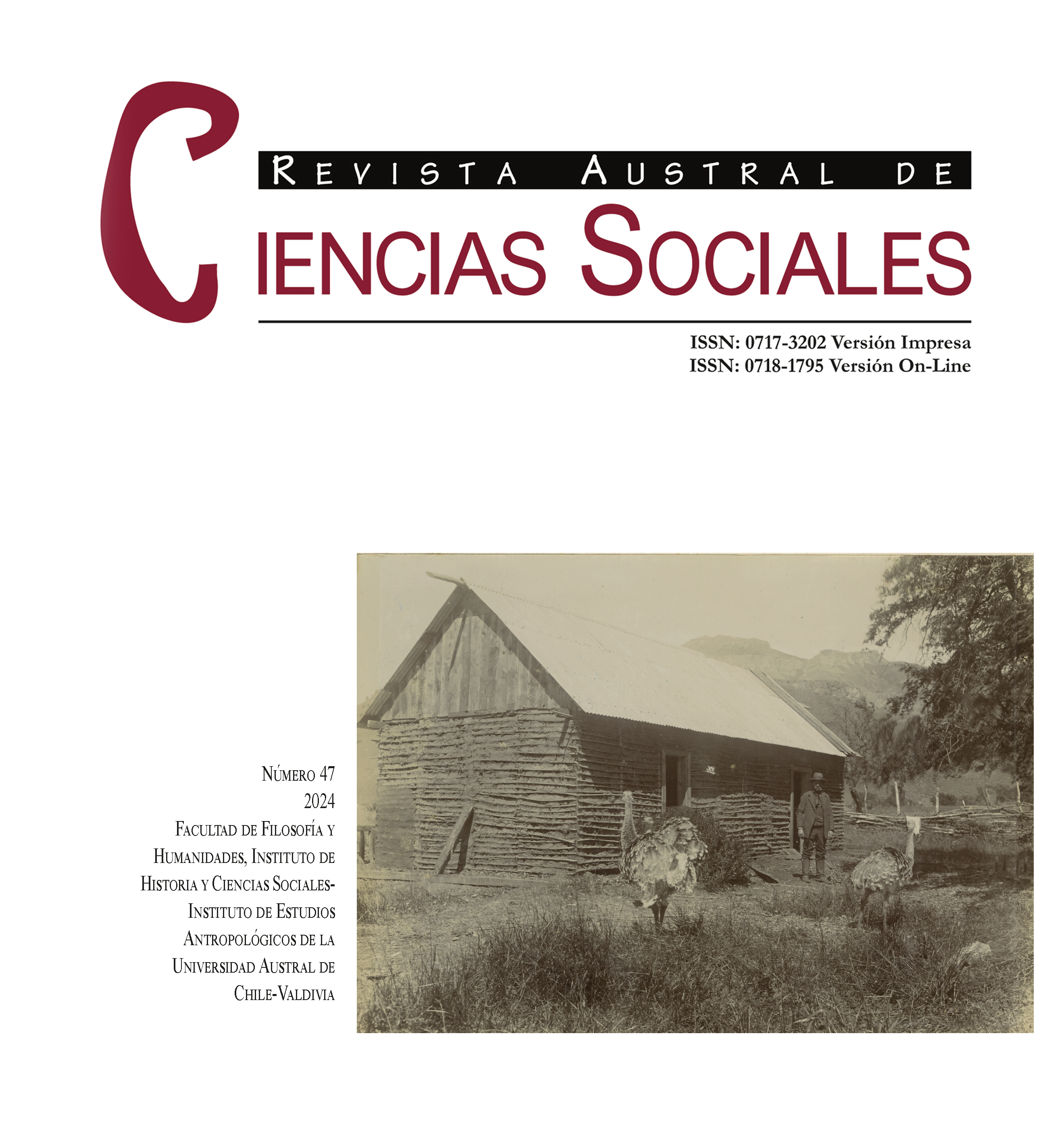The poetic shot of Álvaro Hoppe. Memory and photography. Dictatorship in Chile 1973-1990
Main Article Content
Abstract
This article explores the relationship between memory and photography during the Chilean dictatorship (1973-1990). The combination of images and narratives are expressed in the work of Álvaro Hoppe, a Chilean photographer, with whom a selection of his images is thoughtfully broken down. The recorder’s narrative provides a contextual sense that disputes the truths that advocate oblivion, while it is his subjectivity that composes the photograph and its possible meanings. Through 3 photographic interviews and review of 5 photographs from his archives, the question of the contribution of her images to the understanding of the memory processes that arise from her and to delve into her own photography is unraveled. Aspects about the uses of photography in contexts of political violence are concluded, the roles that the photographer takes in these as well as the readings of the current spectator agents, rethinking the affections rooted in the image and the discourse in a matter of memory in the past-present relationship.


 https://orcid.org/0009-0001-3058-5666
https://orcid.org/0009-0001-3058-5666